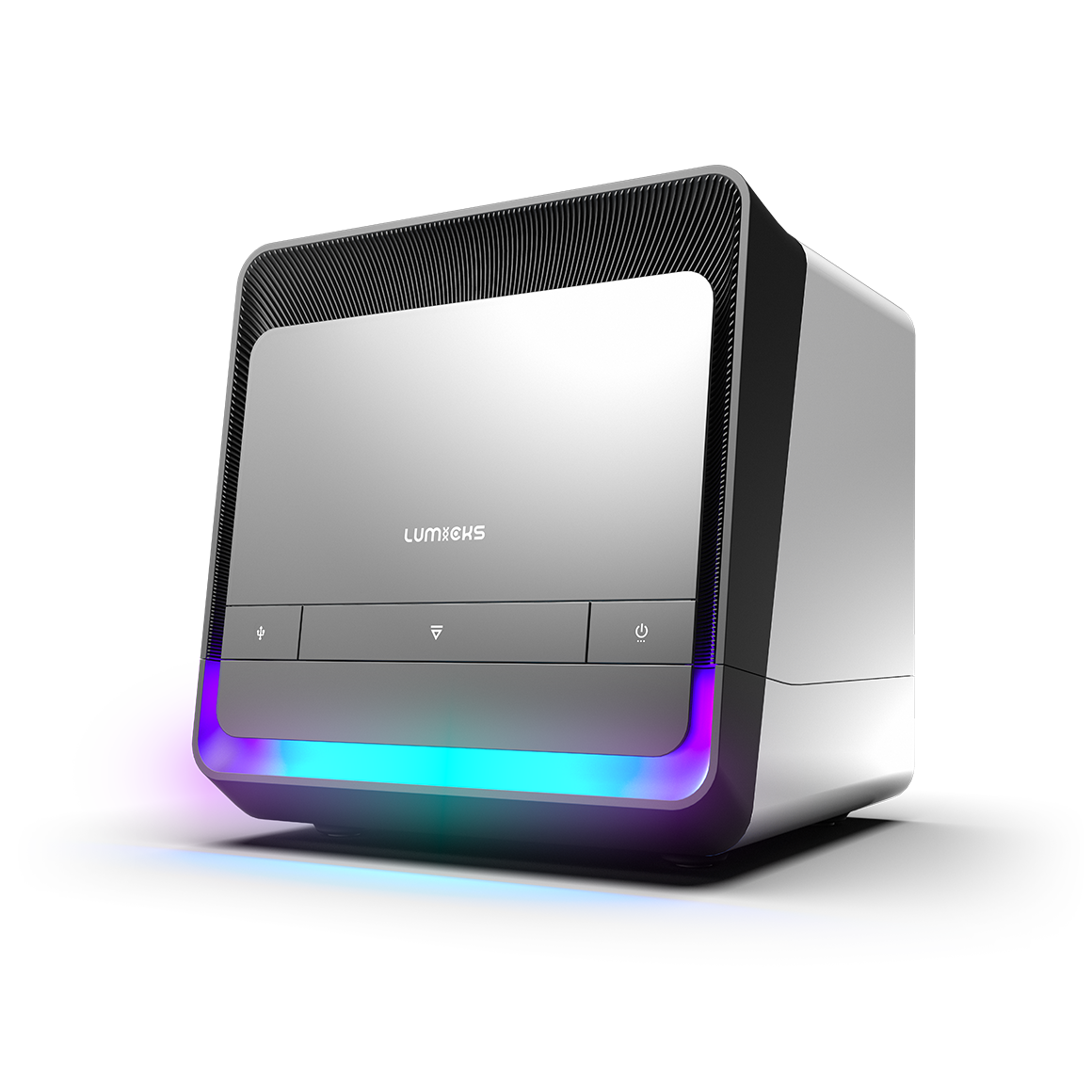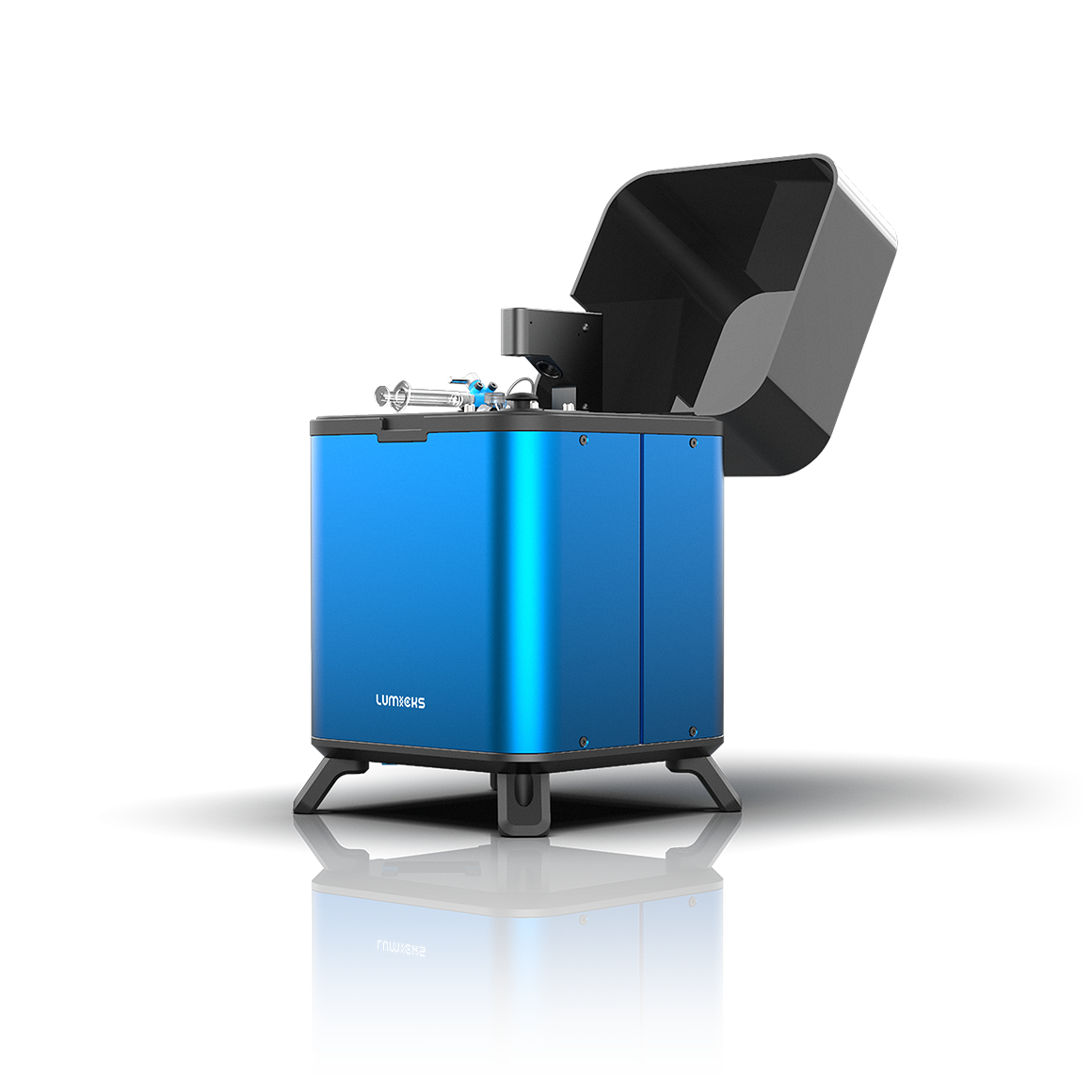Immune synapse
What is an immune synapse and why is it relevant for cell therapy?
Proper formation of the immunological synapse between a cancer cell and an effector cell is required to initiate immune cell activation, achieve sustained proliferation, and increase cytokine secretion against the cancer cells. The organization of the T cell receptor (TCR) and the molecules present at the binding site impact how the immune cell functions, thus investigating the synaptic structure helps researchers to gain greater insights into the mechanism of action and better predict immunotherapy efficacy.
Investigating the immunological synapse can help predict cell therapy efficacy
A tool to measure the total intercellular binding strength beyond the single-receptor interactions between cancer cells and immune cells across the immunological synapse is called Cell Avidity analysis. Incorporating Cell Avidity not only provides insights into the biological complexity that is inherently linked to the immune cell function, but also helps researchers to identify the best immune cell candidates at an early stage. This early selection can improve the clinical success rate, and reduce costs and save time by reducing the use of in vivo mouse models.

Avidion
The next generation Cell Avidity platform


Avidigo
White glove Cell Avidity services

z-Movi
For small sized Cell Avidity studies
Filter CA and show 4 Latest
This shows the most recent card of each resource type filtered on Business Unit CA.
Webinar, Scientific update, Whitepaper, Application note, Brochure.
We only show 4 and we have 6 types so the 2 older ones are hidden.
In design only 1 is shown, but the rest will be loaded when published.
Improving the anti-tumor efficacy of CAR-T through biomolecular condensation
Chimeric antigen receptor (CAR)-T cell therapies showed remarkable efficacies in treating otherwise intractable cancers. However, current clinically approved CAR-T therapies are limited by low antigen sensitivity, impeding their efficacy against cancers with low antigen expression. Here, to address this issue, we engineered CARs targeting CD19, CD22 and HER2 by including intrinsically disordered regions (IDRs) that promote signaling condensation. We discovered that the CAR fused with an IDR from FUS, EWS or TAF15 promoted the formation of CAR-T conjugation with cancer targets, the mechanical strength of CAR-T synapses and membrane-proximal signaling, which led to an increased release of cytotoxic factors and a higher killing activity toward low-antigen-expressing cancer cells in vitro. Moreover, the IDR CAR-T displayed improved antitumor effects in both blood cancer and solid tumor models. No elevated tonic signaling was observed. Together, our work demonstrates IDRs as a new toolset for improving CAR-T function through inducing biomolecular condensation.
This webinar is in Chinese. 此次线上研讨会为中文讲座
Enhancing efficacy against clear cell renal cell carcinoma through format-tuning of bispecific T cell engagers
Cell Avidity: a key to accelerate IND filing in cell therapy drug development
Accelerate your cell engager discovery with high throughput measurements of Cell Avidity
T cells play a pivotal role in tumor immunosurveillance. Multispecific cell engagers (CEs) have been adopted in the field of immuno-oncology to redirect T cells toward cancer cells, thereby unleashing the anti-tumor potential of the patient’s immune system. CE-mediated cell binding induces T cell activation and the formation of an immunological synapse, which is a prerequisite for effective tumor cell lysis.
The strength of the initial binding events between a T cell and a tumor cell dictates the efficiency of the anti-tumor response. Assessing cell avidity, i.e. the total intercellular interaction strength between two cells, gives crucial insights into the efficacy of CEs as anti-tumor therapeutic agents.
Here, we deploy LUMICKS’ high throughput avidity measurement (HTAM) technology to measure CE-induced cell avidity in a high throughput manner. We demonstrate the assay performance characteristics, i.e. specificity, precision, and range, via CE titration experiments in the context of a Jurkat T cell model system. We find that the HTAM CA assay is suitable for candidate screening in high throughput, with high sensitivity and precision.
Cell Therapy Case Study Collection









